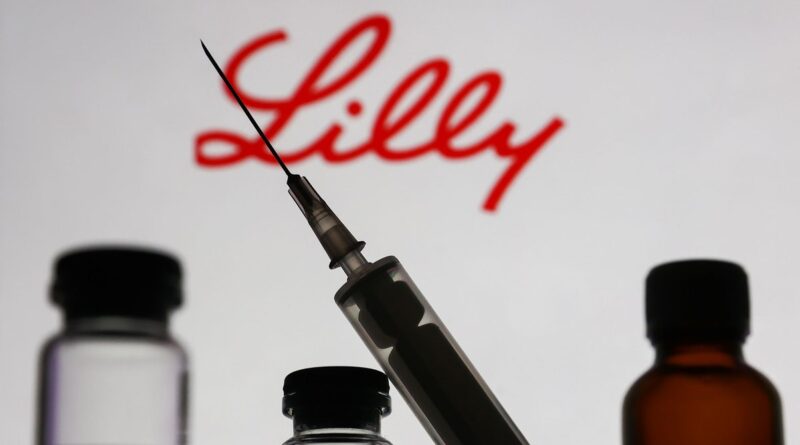The process of reducing GLP-1 Compounded Medicines has begun
Eli Lilly has sent cease-and-desist letters to hundreds of compounding pharmaceutical companies, telehealth companies, and companies that manufacture and sell “combined” versions of tirzepatide. This hawkish legal strategy indicates that a new phase of the GLP-1 gold rush has begun – a strike against any organization selling off-brand drugs.
Tirzepatide, the active ingredient in Eli Lilly’s diabetes drug Mounjaro and weight-loss drug Zepbound, was on the US Food and Drug Administration’s shortage list from December 2022 until 2 October 2024. When US drug shortages begin, pharmacists, doctors, and licensed providers abroad are allowed to “bundle” copies to ensure patients have access to get the medicine they need. Since many potential patients are eager to find GLP-1 drugs, the shortage of tirzepatide and semaglutide (the active ingredient in Ozempic and Wegovy) left a huge gap in the market. Usually, pharmaceutical companies that produce antibiotics do not have to worry about competition until their patents expire. But the shortage meant it was legal for chemical manufacturers to make their own GLP-1 dupes – which they did, in unprecedented quantities. be present. Major phone clinics have stepped in to sell these products online at a fraction of the price of their brand name counterparts. Although there is no clear record of how many patients are taking GLP-1 compounded medications, CEO of the Alliance for Pharmacy Compounding Scott Brunner tells WIRED that he estimates the number to be in the millions.
This is not the first legal action Eli Lilly has taken regarding the tirzepatide compound. The pharmaceutical behemoth has filed multiple lawsuits alleging misleading advertising from marketers promoting “generic tirzepatide” or “generic Mounjaro” and referring to their compounded products as “FDA approved.” (Unlike typical name-brand and generic pharmaceutical drugs, compounded drugs do not go through the FDA’s approval process before they reach the market.) But this represents a major escalation in Lilly’s fight against what he considers a knock.
At least one opt-out letter is to a telephone clinic that sells an oral version of tirzepatide, which is sold in pill form and not as an injection. Eli Lilly accused the oral marketer of tirzepatide of “testing” its customers, noting that the US Food and Drug Administration has never approved any oral tirzepatide.
Eli Lilly has also targeted at least one weight loss clinic promoting its tirzepatide products on Reddit, which has several active residents dedicated to the combined GLP-1 drug.
After the shortage ended, some telehealth companies that dispense medicine encouraged patients to order extended supplies of the drug, meant to last them for months. In at least one cease-and-desist letter, Eli Lilly noted that the clinic had begun issuing “extended prescriptions,” a practice Lilly said was an “unlawful attempt to avoid this shortage.”
The end of the tirzepatide shortage caused a difficult time for many patients taking the combined form of the drug. As WIRED recently reported, many of these patients are concerned that they will not be able to purchase or obtain brand name versions of their medications. Although Eli Lilly recently introduced a new, cheaper version of Mounjaro and Zepbound (which comes in a vial instead of an injection pen), the price per month, which ranges from $400 to $550 depending on dosage, is still it is much higher than most of the existing composite containers.
#process #reducing #GLP1 #Compounded #Medicines #begun
